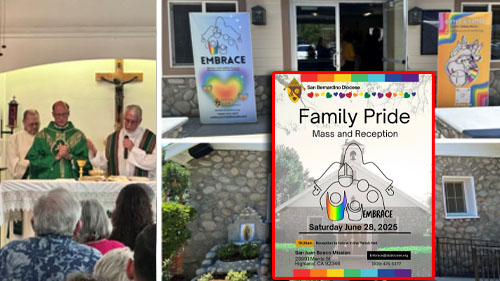Spirituality
“At Geismar, near Fritzlar [in Germany, in 722], there was a gigantic oak, called the ‘Tree of Thor,’ which the pagans of the whole country regarded with the deepest veneration. Mighty as the God of the Christians was, over the oak of Geismar, so they boasted, He had no power, and none of His followers would dare destroy it. This tree the Christians advised [St.] Boniface [the apostle to the Germans] to cut down, assuring him that its fall would shake the faith of the pagans in the power of their gods. Boniface consented, and on the appointed day undertook to lay the ax to the tree with his own hands. A vast crowd of pagans stood around, intently watching to see some dire misfortune overwhelm the desecrator of their shrine. But when the mighty tree fell to the ground under the strokes of the Bishop’s ax, they with one accord praised the God of the Christians and asked to be received among the number of His followers. Boniface baptized them, and out of the wood of the tree built a little oratory, which he dedicated to St. Peter.” (Laux, Church History, p. 221)
Doctrine
St. Alphonsus (1750): “… a group of heretics, known as the Ubiquitists, maintained that hell is not restricted to any determined place, but is to be found everywhere, since God has not destined any special place for the damned. This opinion, however, is evidently false, and contrary to the common belief of the Catholic Church which teaches us that God has established a definite place for the demons and the damned…” (What Will Hell Be Like?)










 " />
" /> " />
" /> " />
" /> " />
" /> " />
" />





